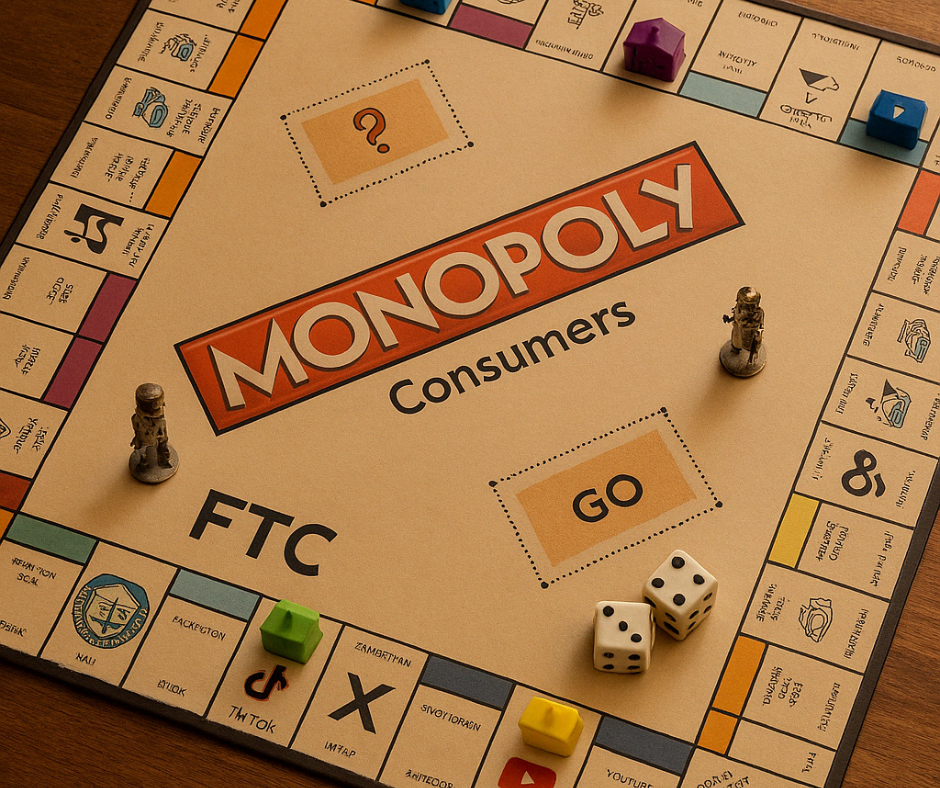Recognised as a risk factor for severe COVID-19 cases, obesity will likely top the European policy agenda for the years to come.
The recent launch of the MEPs for Obesity and Health System Resilience intergroup combined with several surveys and events signals an increased interest in finding the most effective solution. However, the traceable tendency to use the WHO’s recommendations as a shortcut when it comes to lifestyle issues does more harm than good.
In November 2016, the WHO published a report calling on the European Member States to introduce restrictions on marketing of foods high in saturated fat, salt and/or free sugars to children, covering all media, including digital, to curb childhood obesity.
Same year the “What about our kids?” campaign, led by Romanian MEP Daciana Octavia Sârbu and organised by 10 European health organisations, called for a change of the Audio-Visual Media Services Directive (AVMSD) to impose a watershed on junk food advertising at a time when the directive was undergoing a review. As a result, the updated directive did include a clause on the co-regulation and the fostering of self-regulation through codes of conduct regarding HFSS.
The WHO’s implicit impact is traceable across the board which, however, doesn’t add up to its legitimacy. The said report claims that there is unequivocal evidence that junk food ads impact children’s behaviour, but it doesn’t back it up with facts to show a causal link between the marketing of these foods and children’s obesity. What the report does though is demonise the marketing industry globally for intentionally targeting children.
The link between advertising – in particular TV ads – and childhood obesity is weak and most of the current conclusions are based on studies from decades ago. One such example is a trial conducted in Quebec over 40 years ago. As part of a 1982 study, five- to eight-year-old children who were staying at a low-income summer camp in Quebec underwent a two-week exposure to televised food and beverage messages. It was found that children who viewed candy commercials picked significantly more candy over fruit as snacks. Although there appears to be an established non-directional link between childhood obesity and television, and a plausible link with food ads, it is not sufficient to justify bans.
Junk food ad bans policies fail to recognise that childrens’ choices are heavily dependent on the environment where they grow up and behaviours that are treated as acceptable. Therefore, if the parents live unhealthy lives then their children are much more likely to live unhealthy lives as well.
To tackle obesity, we need to fundamentally change the societal narrative of what is healthy and what is not, and futile attempts to solve the problem through bans are not an effective way forward.
Education – both at school and home through model behaviours – and parental responsibility play a key role in fighting obesity. WHO’s junk food ad bans are a knee-jerk solution to a problem that requires a fundamental societal change.
Originally published here.




